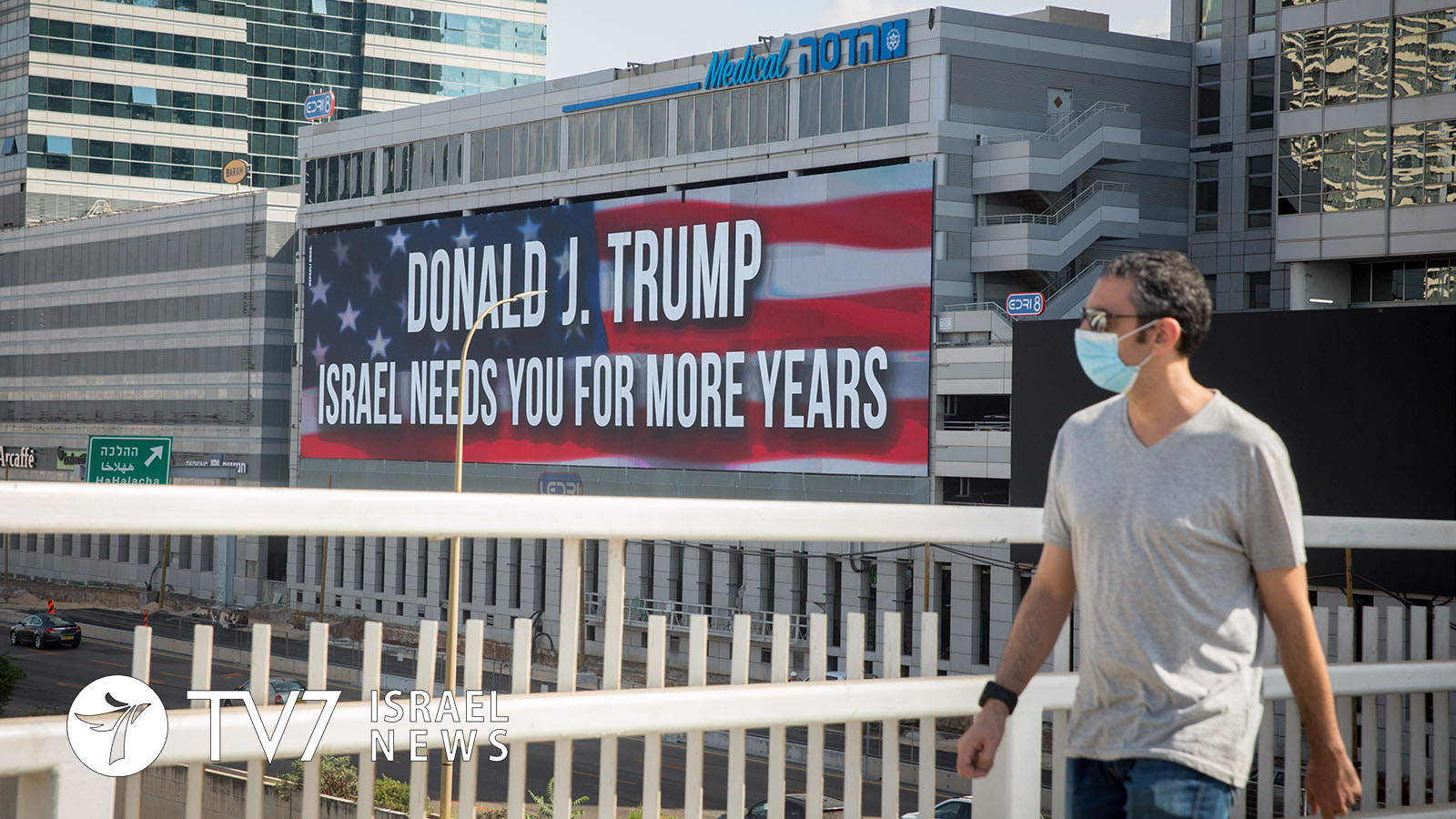American citizens born in Jerusalem will now be able to list Israel as their birthplace on their passports, U.S. Secretary of State Mike Pompeo has announced.
The hoped-for move reinforces Washington’s recognition of the city’s status as Israel’s capital which has been contested by the country’s enemies, and comes as the latest in a string of pro-Israel policy shifts by U.S. President Donald Trump’s administration ahead of his re-election bid in four days’ time.
Americans have long protested to the U.S. State Department that the passports of their offspring born in Jerusalem are stamped only with the city’s name, while the country of birth is left blank.
Five years ago during the administration of former President Barack Obama, the U.S. Supreme Court struck down a law to authorize Israel’s registration in a verdict that it would have unlawfully encroached on presidential powers to set foreign policy.
Secretary Pompeo said the decision to allow Jerusalem-born U.S. citizens to choose to enter Israel or Jerusalem as their birthplace is “consistent” with Trump’s official recognition in 2017 of Jerusalem as Israel’s capital, in a move that reversed decades of U.S. policy.
The city is the holiest site on earth for the Jewish people, third holiest for Muslims, and also revered by Christians. The status of Jerusalem remains paramount among tensions in Israel’s conflict with the Palestinians, who demand that the eastern side serve as capital of the future state they seek to establish in the West Bank and Gaza.
Trump “is trying to write off Palestinian rights,” Wasel Abu Youssef of the Palestine Liberation Organization told Reuters, accusing the U.S. President of trying to “encourage Evangelists and Jewish Americans to step up voting for him.”
Earlier this week, the Trump administration lifted a ban on U.S. taxpayer funding of scientific research conducted in Jewish West Bank settlements and the Golan Heights, on land captured by Israel during the 1967 Six Day War. U.S. Ambassador to Israel David Friedman said “geographic restrictions no longer comport with our foreign policy” at a ceremony to mark the development, in reference to bilateral agreements that had previously been restricted to apply only to within Israel’s “Green Line” pre-1967 territory.
The Trump White House has also brokered peace agreements between Israel and the United Arab Emirates, Bahrain and Sudan – which had formerly shunned the Jewish State in solidarity with the Palestinians.
“Normalization moves by some Arab countries have led to the weakening of Arab ranks,” Abu Youssef added.
The latest shifts in U.S. policy may lead to stronger support for Trump in the 3 November elections by Israel’s supporters.
Billboards reading “Donald J. Trump: Israeli needs you for more years” in English and “You have to thank Trump” posters in Hebrew have been placed on buildings and minibuses in Tel Aviv, as Republican ads brought the race for the White House onto the streets of Israel.
The number of dual citizens who reside in Israel eligible to vote in the U.S. elections is estimated to range between 100,000 to 300,000.
